Amid the COVID-19 pandemic, I travelled to Nigeria on 13 September 2021 for my data collection on adults (aged 18 years and above) with Down syndrome and their family members and caregivers. I had the opportunity to interact and build a long-lasting relationship with adults with Down syndrome as they are the main participants of my research. My trip was both exciting and challenging!
My research was meant to focus on South-West, Nigeria. Fortunately, I was able to cover the six geopolitical zones in Nigeria namely: South-West, South-East, South-South, North-East, North-West and North Central. I would say it was a blessing in disguise. 🙂
Interactions with adults with Down syndrome
On 28 September 2021, I visited my first recruitment centre – Down Syndrome Foundation Nigeria (DSFN), an organisation for people with Down syndrome located in Lagos State. During my visit, I was introduced to people with Down syndrome. The organisation followed global public health guidelines on COVID-19 such as wearing of face masks, washing of hands and use of hand sanitiser. There was no handshaking, they greeted me with their elbows. A male teenager aged 17 years and his classmates with Down syndrome prayed for me. It was a fascinating experience. I felt accepted by everyone and had fun all day.
Some adults with Down syndrome were friendly and willing to engage while some were shy. I observed them whilst they were learning in their classes and how they interact in the organisation. Many of them had smiles all over their faces confirming they were happy in their environment. On the same day, the DSFN President’s daughter, an adult with Down syndrome said she likes me and asked about my birthdate. I told her and she gifted me with a diary for my birthday. She was the first person to give me a gift for my birthday in 2021 which I truly cherish. She also offered me a canned drink and some cookies. She is very lovely and friendly. I went back the next day to start my data collection.

My first birthday gift in 2021 by a female adult with Down syndrome
Reports from adults with Down syndrome
My data collection was a combination of adults with Down syndrome in special schools, care homes and those living at home with their parents. For those in special schools, they go back home during the mid-term break (boarders and day students), while those living with parents did not go to school due to lack of funds. For boarders, most of them do not want to go home during mid-term break, they prefer to interact with their friends in school. The special schools and care homes have a better understanding of how to care for them. Most adults with Down syndrome reported they want to be independent, get married and have children, and have paid jobs. They reported they love singing and dancing.
Interactions with family members and caregivers
I had brief interviews with some family members and caregivers. The President & Founder of DSFN, Mrs Rose Mordi, was delighted that I am researching in this area. She added that there is low awareness of people with Down syndrome in Nigeria and some parents tend to hide their children/adults with Down syndrome as they feel ashamed, unaware of how to properly care for and support them.
I made three visits to Lady Atinuke Oyindamola Memorial Home in Badagry, Lagos State. I met with the Founder, Mrs Elsie Akerele, she welcomed me very well and was interested in my research. She pointed out that people with Down syndrome need to be respected for who they are. She added that the rights of people with Down syndrome need to be fought for, as she recalled how babies with Down syndrome can be killed by being thrown into the rivers to sacrifice to deities in Badagry and around the country. She reported she has requested the provision of a healthcare facility closer to the organisation from the Lagos State Government. The memorial home lost a child who was convulsing whilst travelling far to another location to get treatment. She indicated they urgently need an electroencephalogram (EEG) machine to check the brain conditions of people with Down syndrome in their care. She added that great attention should be placed on the dietary requirements of people with Down syndrome. Family members and caregivers reported that people with Down syndrome in Nigeria are often neglected, stigmatised and receive no financial support from the Nigerian government. Some raised concerns about who would take care of their adults with Down syndrome when they are dead as they are ageing.
Data collection and sample size
Over 90% of the data collection was done onsite and less than 10% was done online mainly for the Northern parts of Nigeria due to security issues.
It has been very difficult to collect data from adults with Down syndrome during the last year. As of 16 February 2022, I obtained self-reports from 166 adults with Down syndrome and proxy reports from 52 family members and caregivers covering the six geopolitical zones in Nigeria. Based on my visits to the recruitment centres, some caregivers (staff) informed me that COVID-19 impacted the finance of parents and were unable to provide resources for their adults with Down syndrome while some adults are locked at home. There was also confusion at times as to what I was trying to achieve, as many of the family members and caregivers are not well informed about the relevance of the survey. Despite providing information sheets and liaising with the organisations, a mother declined to participate in the survey as she said: “my child is not for an experiment.”
Engagement in my fieldwork
I was invited several times to participate in some events regarding people with Down syndrome in Nigeria such as seminars on Down syndrome awareness, a music session, and a birthday party.
I took a photo of myself during one of my visits to DSFN. As a Statistician, I am dedicated to applying robust statistical methods in advancing the quality of life of adults with Down syndrome and setting up databases on the demographics of people with Down syndrome to aid future research in Nigeria.
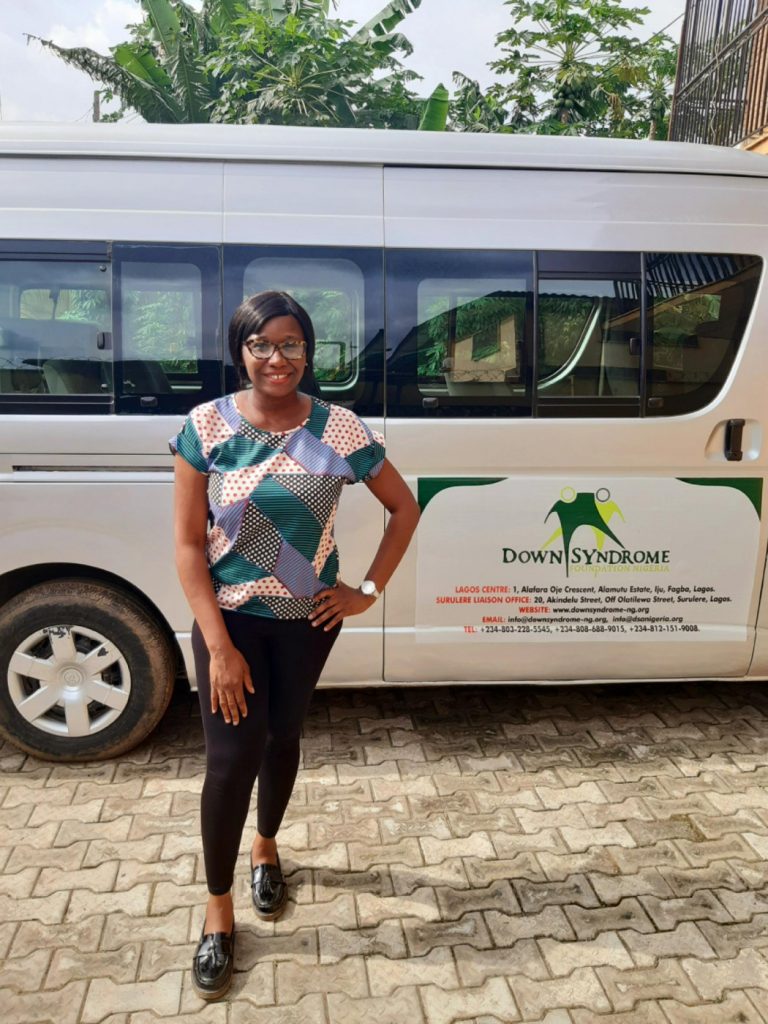
At DSFN, Lagos State during my data collection
Research progress
Researching adults with Down syndrome has provided me with valuable insights in several ways. First, it has made me understand who they are and how they feel. Second, they require early intervention in helping them to develop their skills particularly interpersonal and communication skills. Third, they love to learn, especially with the aid of visuals and music. Finally, they can achieve anything they want to.
I sincerely appreciate the adults with Down syndrome, family members and caregivers in Nigeria who participated in my research. Many thanks for their time, efforts, and valuable responses in ensuring this work was successful. I am grateful to my supervisors, Dr. Philip Davies, Dr. Emili Balaguer-Ballester and Dr. Jane Healy, for their guidance, consistent support and patience in my research progress. A special thanks to Dr. Vanessa Heaslip for her positive contributions to my work.
Conclusion
In conclusion, my journey in researching adults with Down syndrome has “just commenced.” I am glad I travelled to my country, Nigeria, for my research work. Based on the gaps identified in the literature and my research outcome, I am diving deeper into addressing them to improve the quality of life of adults with Down syndrome in Nigeria.
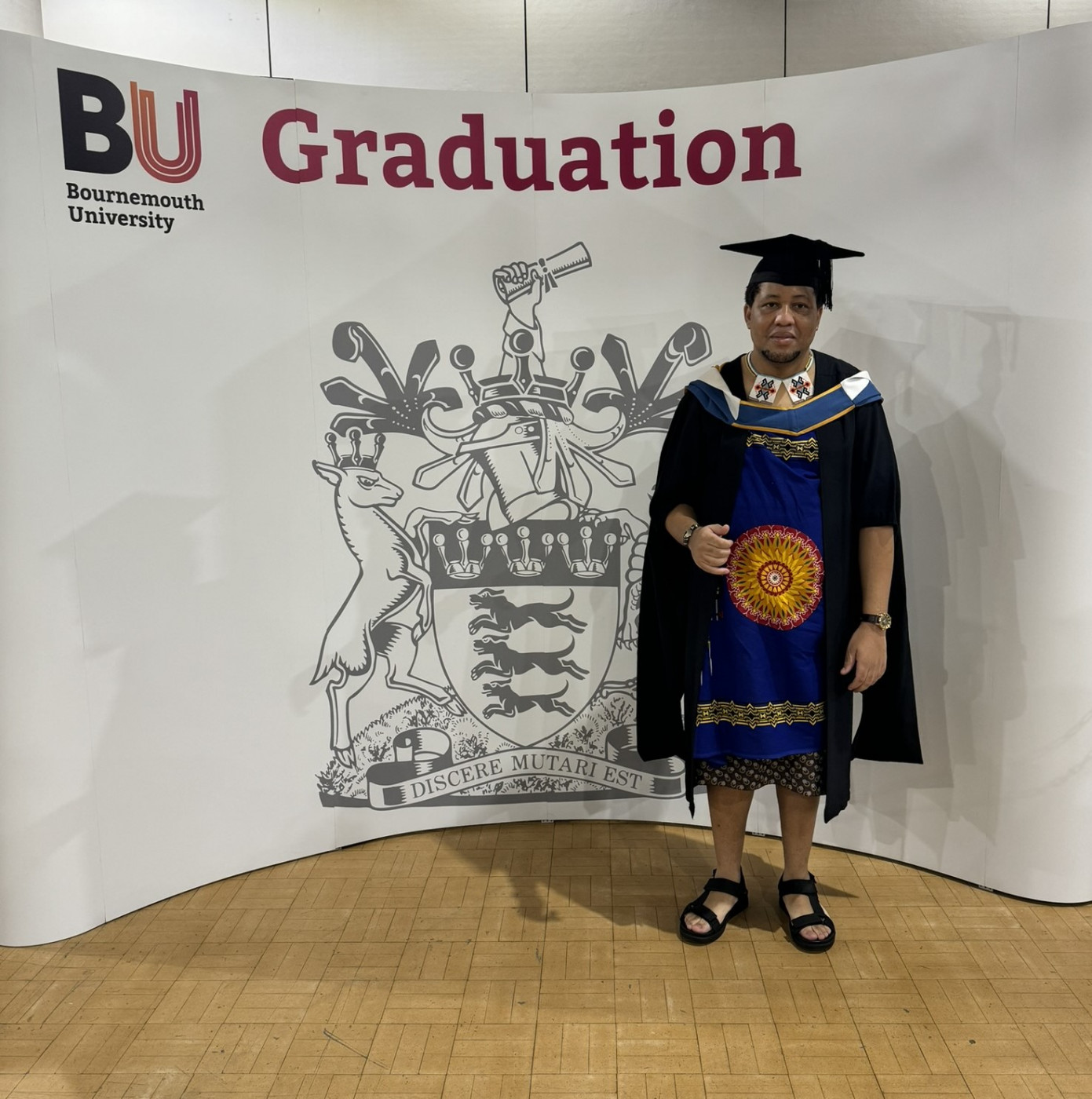 Congratulations to Mr. Musa Lewis Nhlabatsi whose paper ‘Clinicians’ barriers to screening and diagnosing diabetes distress in patients with type 1 and 2 Diabetes Mellitus: a systematic review’ has just been accepted by the African Journal of Health Sciences [1].This systematic review’s initial search identified 1,579 studies, but only four primary studies from three countries met the inclusion criteria. The studies reported five barriers: (1) lack of knowledge, (2) lack of time, (3) lack of accessibility to mental health services, (4) lack of motivation and (5) patients’ denial of their diabetes distress. The two most reported barriers were lack of knowledge and time. In conclusion this review identifies critical barriers to the underdiagnosis of diabetes distress by clinicians and highlights the need for policymakers and organisations to conduct pragmatic research to understand clinicians’ experiences in assessing diabetes distress in various healthcare settings to improve diabetes management.
Congratulations to Mr. Musa Lewis Nhlabatsi whose paper ‘Clinicians’ barriers to screening and diagnosing diabetes distress in patients with type 1 and 2 Diabetes Mellitus: a systematic review’ has just been accepted by the African Journal of Health Sciences [1].This systematic review’s initial search identified 1,579 studies, but only four primary studies from three countries met the inclusion criteria. The studies reported five barriers: (1) lack of knowledge, (2) lack of time, (3) lack of accessibility to mental health services, (4) lack of motivation and (5) patients’ denial of their diabetes distress. The two most reported barriers were lack of knowledge and time. In conclusion this review identifies critical barriers to the underdiagnosis of diabetes distress by clinicians and highlights the need for policymakers and organisations to conduct pragmatic research to understand clinicians’ experiences in assessing diabetes distress in various healthcare settings to improve diabetes management.


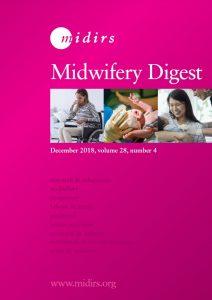
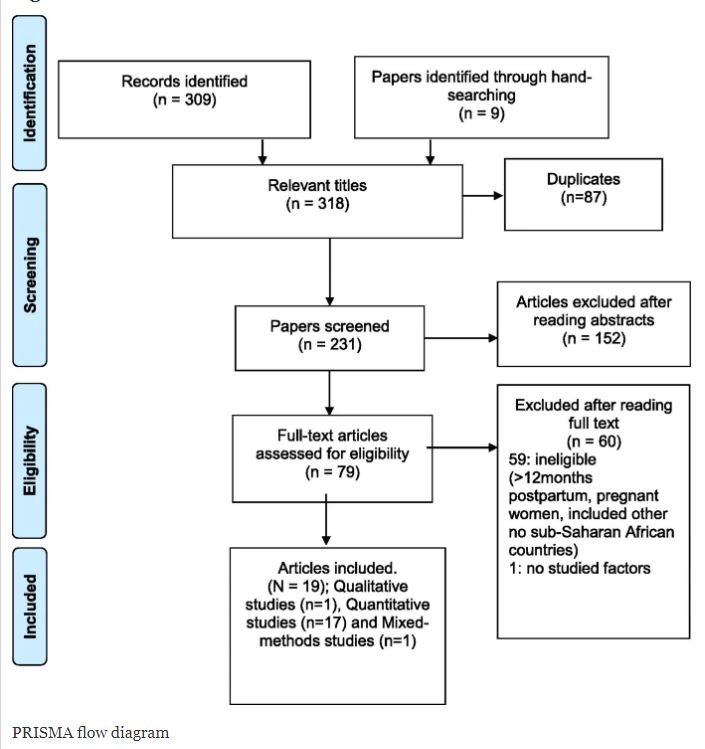
 Funding from the
Funding from the 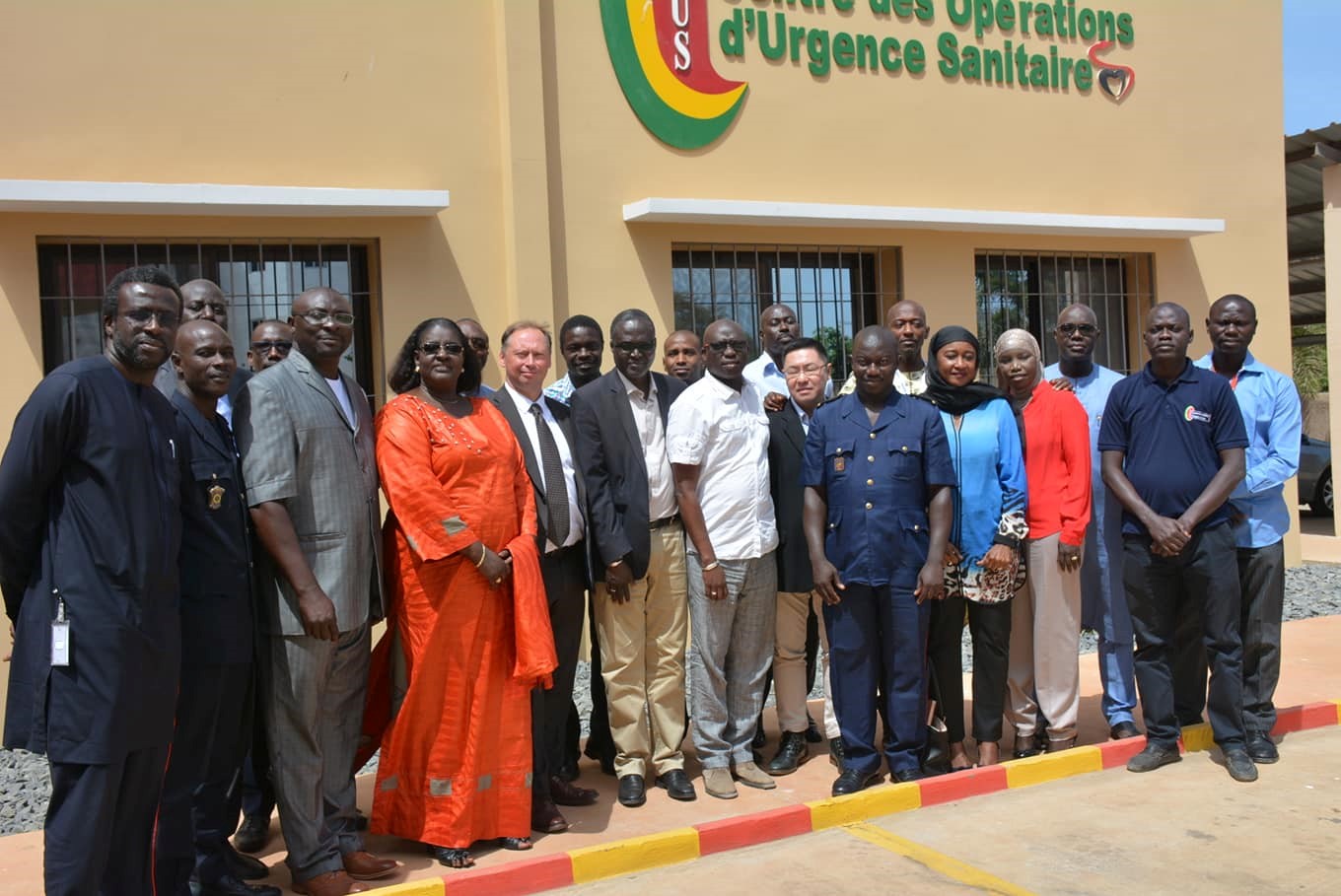 In Africa, Professor Lee Miles is leading the AFRICAB project (Driving African Capacity-Building in Disaster Management). This project addresses a locally identified need – that national/local policy-makers/community leaders cannot access usable data/methodologies that can help them identify resolvable weaknesses in disaster response and inform local choices in Sierra Leone, Senegal and Cameroon where combined hazards of frequent fires (dry season), annual flooding (rainy season) and health risks, like COVID-19, affect detrimentally over 3 million people and threaten urban resilience.
In Africa, Professor Lee Miles is leading the AFRICAB project (Driving African Capacity-Building in Disaster Management). This project addresses a locally identified need – that national/local policy-makers/community leaders cannot access usable data/methodologies that can help them identify resolvable weaknesses in disaster response and inform local choices in Sierra Leone, Senegal and Cameroon where combined hazards of frequent fires (dry season), annual flooding (rainy season) and health risks, like COVID-19, affect detrimentally over 3 million people and threaten urban resilience.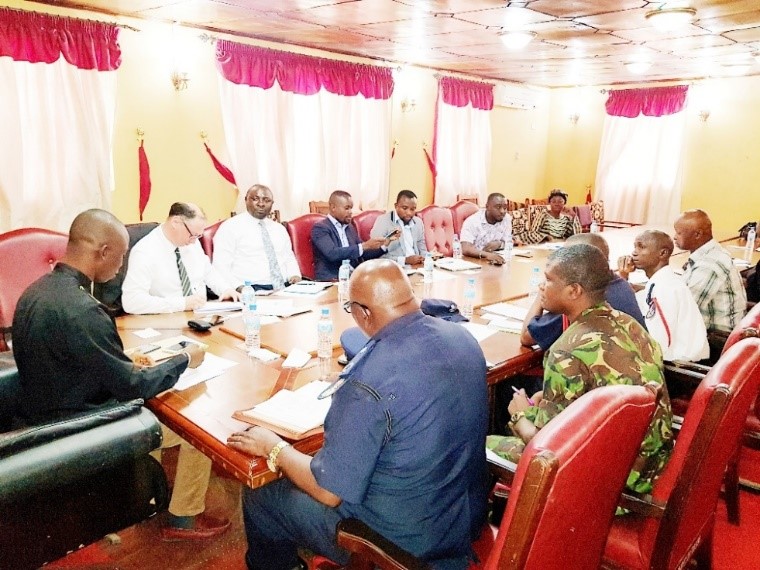
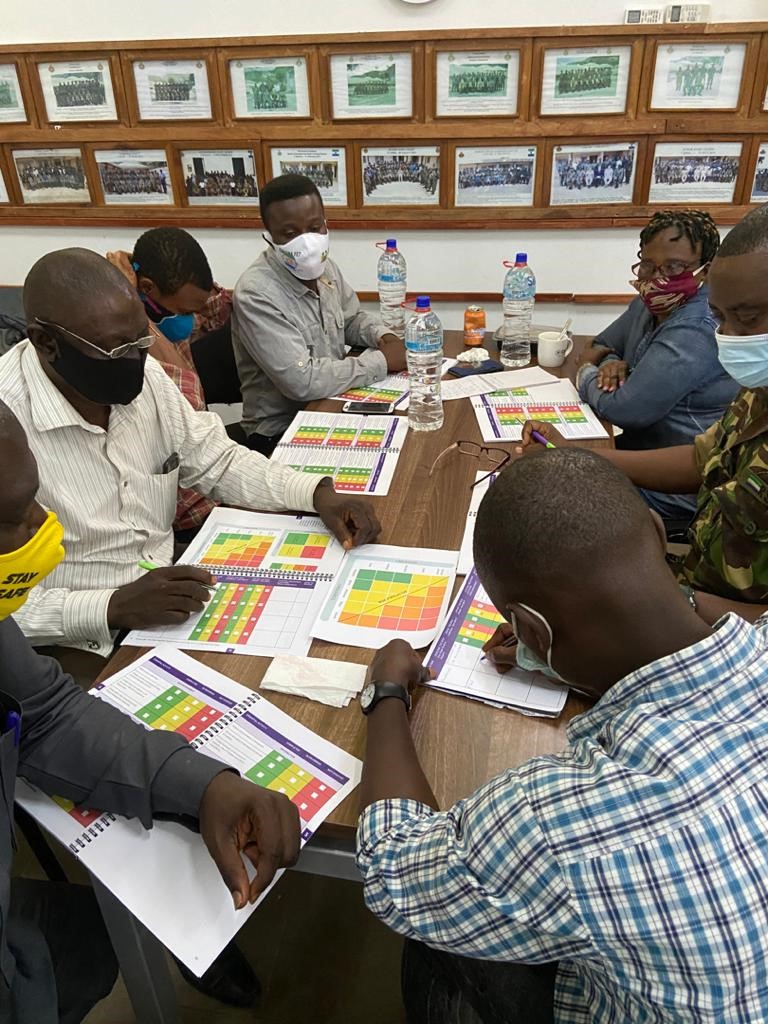

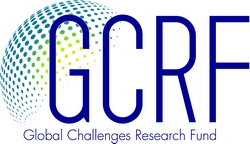 The platform will also create an online community which will engage and connect local actors, researchers, entrepreneurs, charities, etc., and allow users to exchange ideas and expertise. The ideas gathered from the Digital for Development in Africa Platform will be collated and used to shape future UKRI spending activities under the Global Challenge Research Fund. Thoughts collected on the challenges and potential for digital innovation to solve these will provide recommendations for research and innovation in these areas in order to make progress in addressing these challenges.
The platform will also create an online community which will engage and connect local actors, researchers, entrepreneurs, charities, etc., and allow users to exchange ideas and expertise. The ideas gathered from the Digital for Development in Africa Platform will be collated and used to shape future UKRI spending activities under the Global Challenge Research Fund. Thoughts collected on the challenges and potential for digital innovation to solve these will provide recommendations for research and innovation in these areas in order to make progress in addressing these challenges.
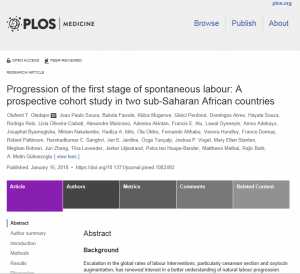
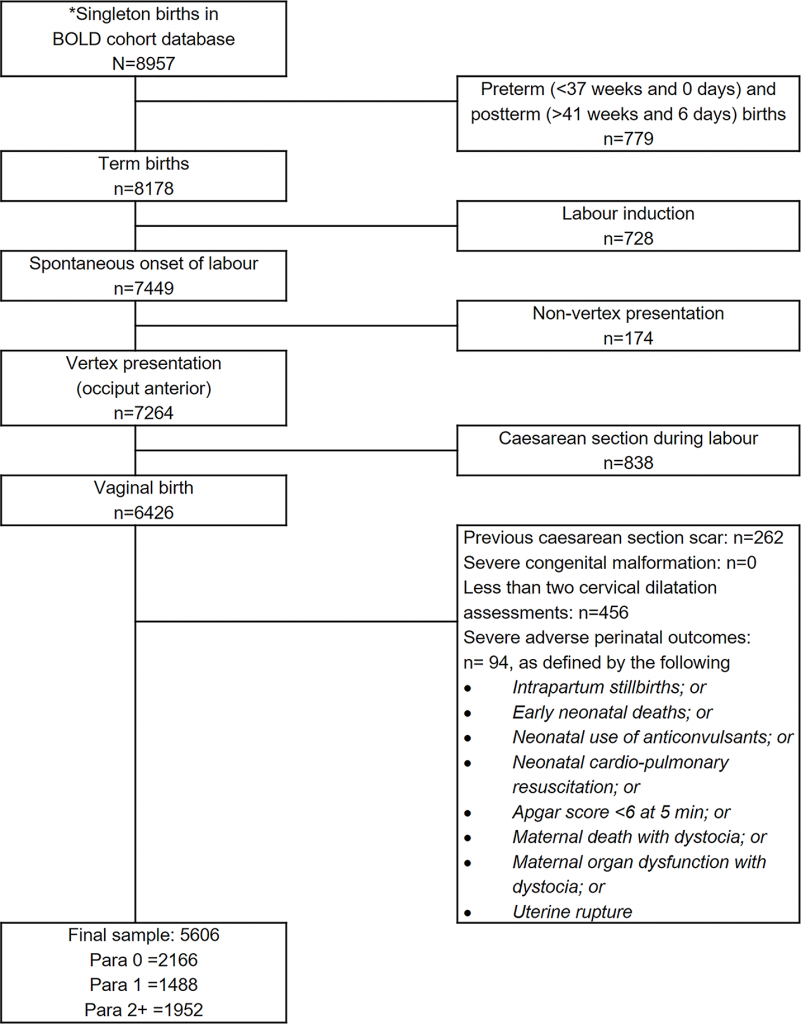
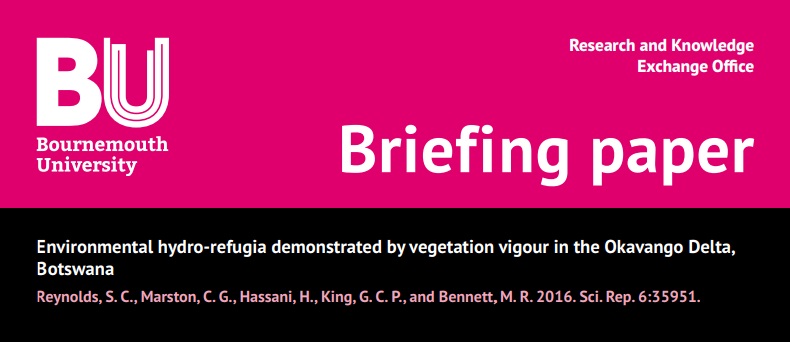 Our
Our 
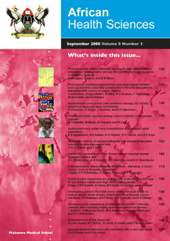
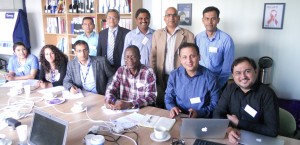














 SPROUT: From Sustainable Research to Sustainable Research Lives
SPROUT: From Sustainable Research to Sustainable Research Lives BRIAN upgrade and new look
BRIAN upgrade and new look Seeing the fruits of your labour in Bangladesh
Seeing the fruits of your labour in Bangladesh Exploring Embodied Research: Body Map Storytelling Workshop & Research Seminar
Exploring Embodied Research: Body Map Storytelling Workshop & Research Seminar Marking a Milestone: The Swash Channel Wreck Book Launch
Marking a Milestone: The Swash Channel Wreck Book Launch ECR Funding Open Call: Research Culture & Community Grant – Application Deadline Friday 12 December
ECR Funding Open Call: Research Culture & Community Grant – Application Deadline Friday 12 December MSCA Postdoctoral Fellowships 2025 Call
MSCA Postdoctoral Fellowships 2025 Call ERC Advanced Grant 2025 Webinar
ERC Advanced Grant 2025 Webinar Update on UKRO services
Update on UKRO services European research project exploring use of ‘virtual twins’ to better manage metabolic associated fatty liver disease
European research project exploring use of ‘virtual twins’ to better manage metabolic associated fatty liver disease